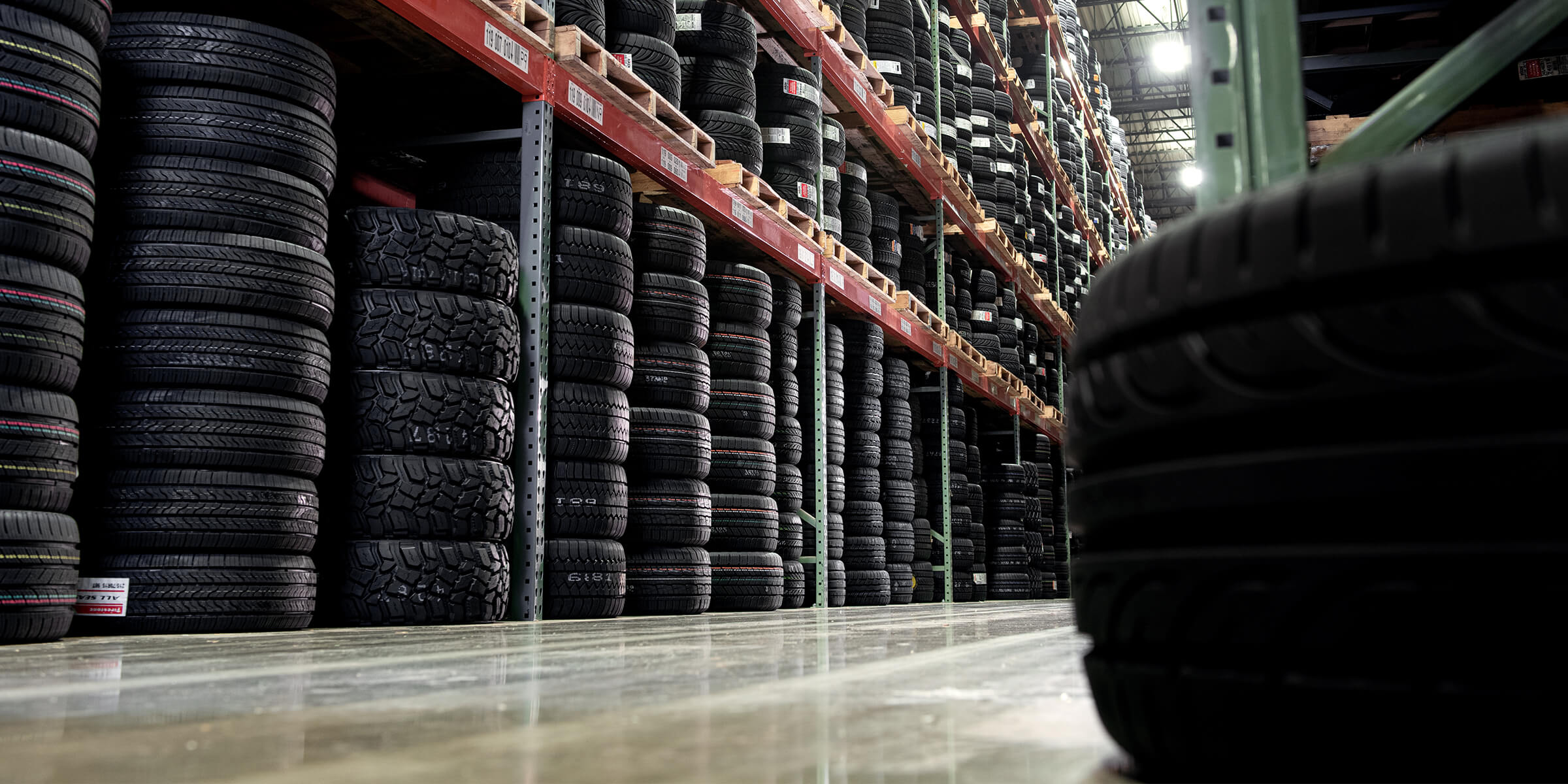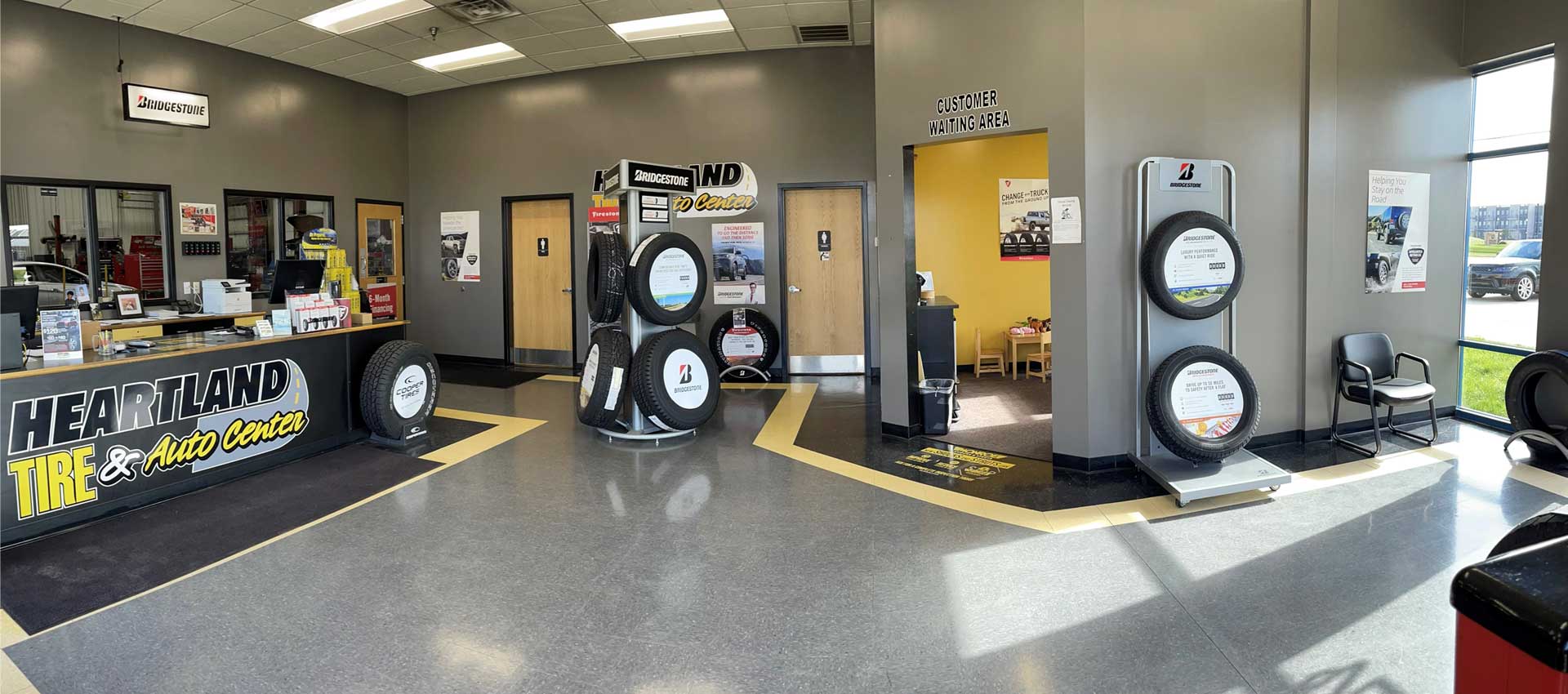Quality Tire Shop Morris: Your Go-To Destination for Tire Demands
Quality Tire Shop Morris: Your Go-To Destination for Tire Demands
Blog Article
Tire Solution: Comprehending Tire Pressure Tracking Solutions
Understanding Tire Pressure Monitoring Equipments (TPMS) is a vital element of maintaining optimum automobile efficiency and safety on the road. With improvements in automotive innovation, TPMS has actually become a common feature in modern cars, offering real-time info on tire pressure levels.

Value of TPMS
The significance of Tire Stress Monitoring Systems (TPMS) depends on their ability to boost car safety and performance via real-time monitoring of tire pressure degrees. Preserving the correct tire pressure is essential for making sure ideal handling, braking, and total safety and security of a car. TPMS provides drivers with prompt comments on any underinflated or overinflated tires, permitting prompt adjustments to be made.
Elements of TPMS
Consisting of different crucial aspects, a Tire Stress Surveillance System (TPMS) functions as a sophisticated security attribute in modern cars. The main parts of a TPMS include sensing units, a control module, and a caution indication. Sensing units are usually situated in the tire shutoff stem or affixed to the wheel setting up, where they measure tire stress and transmit information to the control component. The control module processes this details and causes a caution if it identifies significantly low stress in any of the tires. The warning sign, typically an icon on the control panel, alerts the motorist to examine the afflicted tire or tires. Some progressed TPMS versions likewise present the actual tire stress analyses for every tire, giving motorists with real-time details to make certain optimum tire efficiency and security. By keeping an eye on tire pressure continually, TPMS helps prevent crashes, minimizes tire wear, and improves fuel performance, making it a critical element for car security and performance.
Kinds of TPMS

On the various other hand, indirect TPMS depends on the automobile's wheel rate sensing units to keep track of tire pressure. This system detects underinflation by comparing the rotational rates of the wheels. Indirect TPMS is much less costly than straight TPMS, as it utilizes existing sensors within the vehicle.
While straight TPMS supplies more precise readings, indirect TPMS is easier in style and typically needs much less upkeep. Both systems have their limitations and benefits, and the option in between them often depends upon variables such as cost, automobile make, and individual preference. Recognizing the distinctions in between these two kinds of TPMS can aid car proprietors make informed choices relating to tire maintenance and safety and security.
TPMS Maintenance Tips
Reliable maintenance of TPMS is necessary for ensuring optimal efficiency and security of your vehicle. Consistently checking the TPMS sensors for any damages or rust is important. Guarantee that the sensors are cost-free and tidy from particles that might disrupt their performance. In addition, it is suggested to examine the sensor batteries periodically and replace them as needed you can try here to ensure exact analyses. Conduct routine checks on the tire stress levels and contrast them with the TPMS readings to guarantee they are consistent. Rectify the system complying with the manufacturer's standards if there are any type of discrepancies. Throughout tire turning or replacement, make sure that the TPMS elements are handled carefully to prevent any kind of prospective damage. Last but not least, if the TPMS advising light illuminates on the control panel, resolve the problem immediately by checking the tire pressures and the total system for any type of faults. By sticking to these upkeep ideas, you can prolong the life-span of your browse around these guys TPMS and improve the safety of your driving experience.
Benefits of Appropriate Tire Stress
Keeping appropriate tire stress, as emphasized in TPMS Upkeep Tips, is essential for enjoying the various benefits connected with ideal tire pressure levels. One of the primary benefits of maintaining the right tire stress is improved gas efficiency. When tires are correctly blown up, there is less rolling resistance, causing better fuel economic climate. Additionally, proper tire pressure guarantees also tire wear, extending the life expectancy of the tires and advertising more secure driving conditions. With the appropriate tire stress, automobiles likewise have much better handling and traction, especially in adverse climate condition. This can improve total driving efficiency and security for the motorist try this site and guests. Maintaining optimum tire pressure can add to a smoother and extra comfortable ride by decreasing vibrations and noise triggered by underinflated tires. To conclude, the benefits of proper tire pressure go beyond simply tire longevity; they encompass boosted fuel performance, enhanced security, far better car efficiency, and overall driving convenience.
Conclusion
Finally, comprehending tire stress surveillance systems (TPMS) is essential for preserving ideal tire stress and ensuring vehicle security. By identifying the importance of TPMS, recognizing with its parts, knowing the various kinds available, sticking to proper upkeep pointers, and realizing the advantages of preserving correct tire stress, chauffeurs can boost their driving experience and lengthen the life-span of their tires. Proper tire pressure is crucial to risk-free and efficient lorry procedure.

Report this page